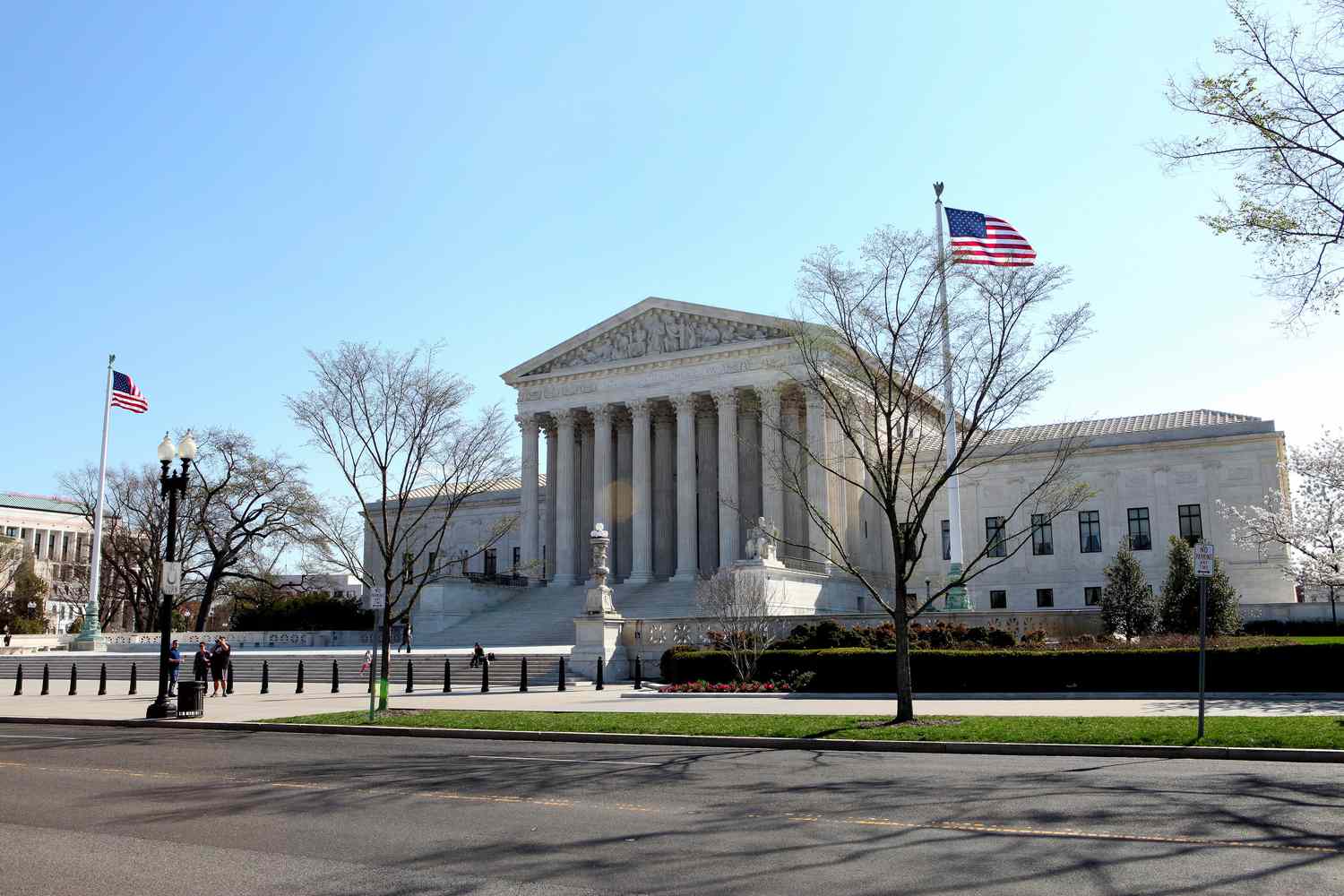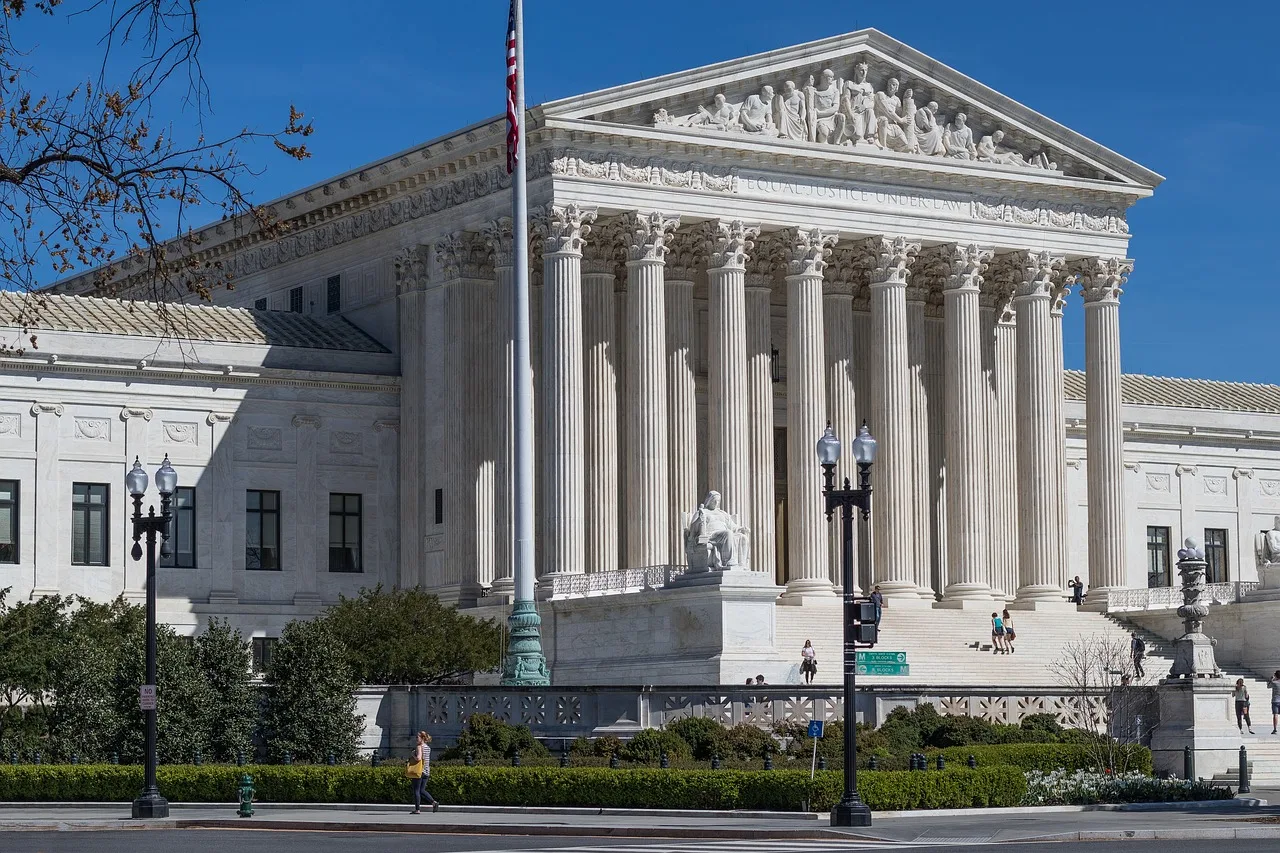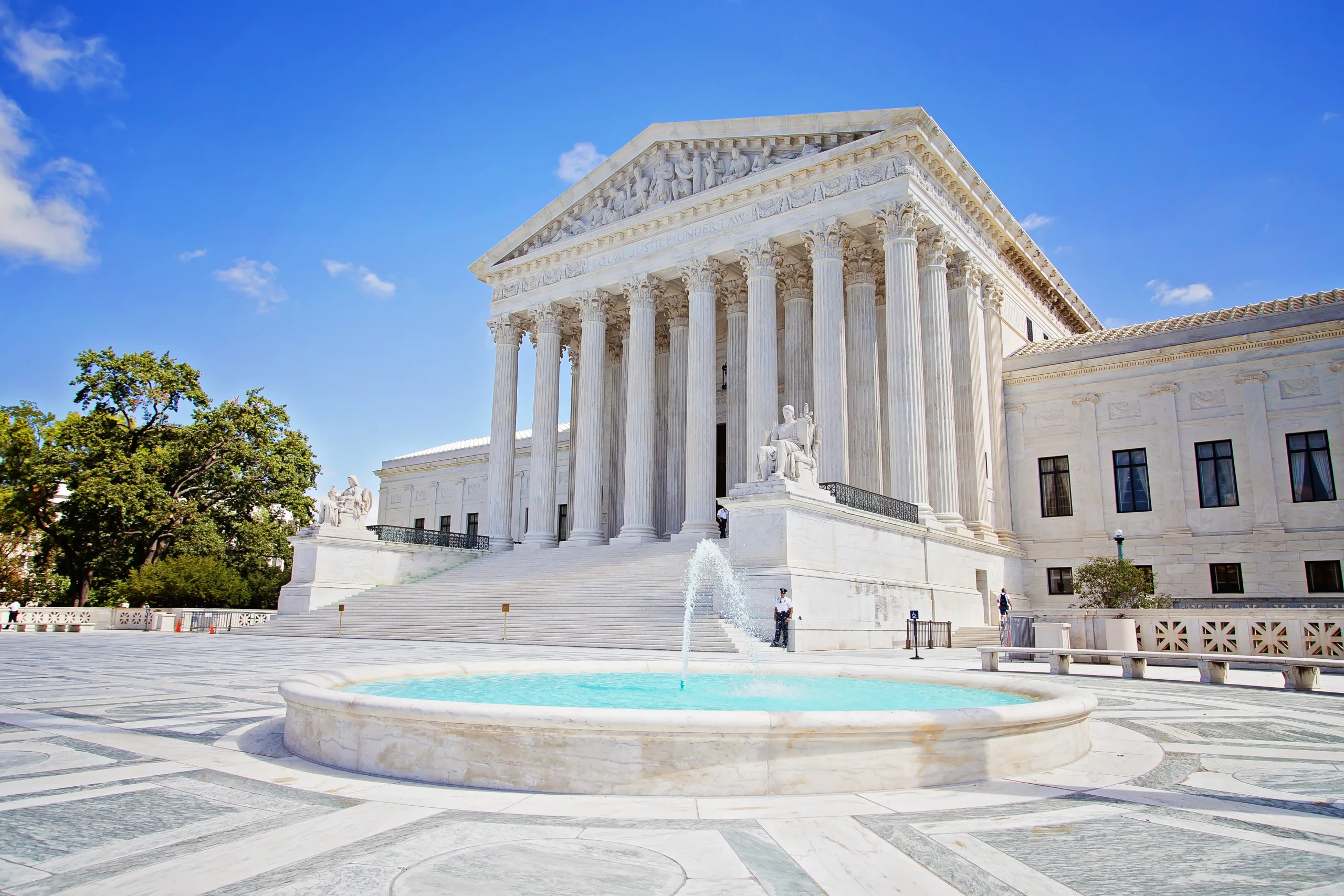Introduction
In a landmark decision, the Supreme Court has unanimously ruled in favor of former President Donald Trump’s eligibility to run in the 2024 presidential primaries, effectively overturning attempts by states to disqualify him based on his alleged role in the January 6 Capitol riot. This decision, issued just before Super Tuesday, holds significant implications for the upcoming electoral cycle and the broader political landscape of the United States.
Supreme Court revealed the rule
The new rule, articulated by the Supreme Court in a recent decision, asserts that Congress holds exclusive authority in determining the eligibility of candidates for federal office. This rule, enshrined in constitutional interpretation, clarifies the respective roles of states and the federal government in regulating electoral processes and upholds the primacy of federal law in matters of national significance.

Unveiling the Verdict
At the heart of the Supreme Court’s ruling lies the interpretation of Section 3 of the 14th Amendment, a provision enacted post-Civil War to address insurrectionist activities. While several states sought to utilize this provision to bar Trump from running, the court determined that only Congress possesses the authority to enforce Section 3 against federal office-seekers, effectively shielding Trump from state-level disqualification efforts.
Key Tenets of the Rule
Central to the Supreme Court’s ruling is the affirmation of Congress’s prerogative to enact legislation that governs the qualifications and disqualifications of candidates for federal office. By vesting Congress with this authority, the court establishes a uniform standard for electoral eligibility across all states, ensuring consistency and fairness in the electoral process.
Unpacking the Legal Landscape
By delineating the boundaries between federal and state jurisdictions in matters of electoral eligibility, the Supreme Court’s decision offers clarity on the intricate legal framework governing election procedures.
While states retain the power to regulate candidates for state offices, the oversight of federal office-seekers falls exclusively within Congress’s purview. This distinction underscores the paramount importance of adhering to constitutional principles in navigating electoral disputes.
The Ripple Effect
Beyond its immediate impact on Trump’s candidacy, the Supreme Court’s ruling reverberates across the nation, preemptively resolving disputes in states such as Colorado, Maine, and Illinois. By affirming Trump’s right to appear on primary ballots, the decision ensures a consistent application of electoral standards and fosters a level playing field for candidates vying for federal office in the 2024 elections.
Reactions and Ramifications

The court’s decision has elicited diverse reactions from political stakeholders, reflecting the polarized nature of contemporary American politics. While Trump and his supporters hail the ruling as a victory for democracy and individual rights, critics express concerns about accountability and the potential normalization of contentious behavior in electoral processes.
The ruling ignites debates over the balance between electoral integrity and the protection of fundamental rights in a democratic society.
Additional Information
In addition to its immediate implications, the Supreme Court’s decision raises broader questions about the intersection of law, politics, and democratic governance. The ruling underscores the judiciary’s pivotal role in safeguarding constitutional principles and upholding the rule of law, particularly in times of heightened political tension and uncertainty.
Moreover, the decision prompts reflections on the enduring legacy of the 14th Amendment and its relevance in contemporary debates surrounding citizenship, equality, and democratic participation.
FAQs
Q1: Did the Supreme Court address the issue of insurrection in its ruling?
A: The court’s decision focused primarily on the constitutional interpretation of states’ authority to disqualify federal office-seekers, sidestepping the specific question of Trump’s alleged involvement in the Capitol riot.
Q2: What implications does this decision hold for Trump’s legal battles beyond the ballot?
A: While the ruling addresses immediate ballot access, it sets a precedent that could influence future legal proceedings involving Trump, particularly those related to his actions surrounding the 2020 election and the events of January 6.
Conclusion
As the nation grapples with the implications of the Supreme Court’s decision, one thing remains clear: the 2024 electoral landscape is poised for unprecedented challenges and complexities. Trump’s reinstated presence on the primary ballots signals a pivotal moment in American politics, underscoring the enduring tensions between legal interpretation, democratic norms, and political accountability. As the nation navigates these turbulent waters, the principles of justice, fairness, and constitutional adherence must guide our collective path forward.
Recommended Reading:-https://citytimesnow.com/rules-that-trump-is-ineligible-to-run-in-2024/


